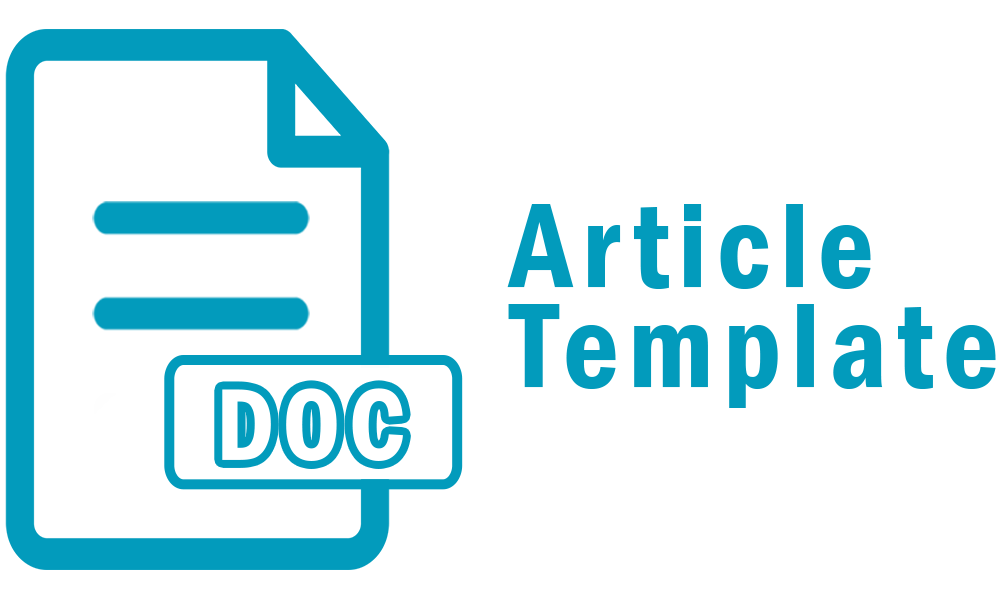DUALISME DAN DIKOTOMI PENDIDIKAN DI INDONESIA (Tinjauan Historis dan Telaah Kebijakan Pemerintah)
DOI:
https://doi.org/10.36085/eltadib.v1i2.3148Abstract
The dichotomy of education is the separation of the education system between Islamic religious education and general education which separates religious awareness and science or general knowledge. the dichotomization of the curriculum, namely the general curriculum and the religious curriculum. As a result, there is also a dichotomization of graduation between the two institutions. Worse yet, in terms of expertise, the dichotomization seems to have created an Islamic label and a non-Islamic label for graduation. In addition, because madrasa graduates often receive discriminatory treatment because they are considered to have general abilities that are not equivalent to public schools. Law Number 2 of 1989 concerning the National Education System, Government Regulations Number 28 and 29 of 1990 concerning Primary and Secondary Education, and the enactment of the 1994 Curriculum, where madrasas changed their status to schools with Islamic characteristics. The Indonesian national education system was initially recognized as a form of system formed from a dualistic education system between general education and religious education (Islam). Dualism itself was originally a product of Dutch colonialism, but to some extent it is also a reflection of the struggle of two political bases, Islam and Nationalism. This form of dualism and education dichotomy can be seen from government policies, both from policies in the national education law, government regulations. Thus the struggle between the national education system and the Islamic education system continues, through a long process of the birth of Law no. 2 of 1989 concerning the National Education System, which is expected to be able to lay strong foundations that can be used as benchmarks to bring the various poles of dualistic and dichotomous education closer together in Indonesia. However, this fact cannot eliminate the paradigm of dualism and management dichotomy that has so far surrounded national education. The Ministry of Religion as the authority for managing religious education is dealing with the Ministry of Education and Culture as the manager of general education so that the issue of curriculum dichotomization arises, discrimination of graduates, unbalanced monetary policies and others.
Keywords: Educational Dualism, Educational Dichotomy
References
Ali Riyadi, Politik Pendidikan Menggugat BirokrasiPendidikan Nasional,(Jogjakarta: Ar- Ruzz, 2006)
Azyumardi Azra, Paradigma Baru Pendidikan Nasional, Rekontruksi dan Demokratisasi, (Jakarta : Kompas, 2006)
Departemen Pendidikan dan Kebudayaan, "Dualisme", Kamus Besar Bahasa Indonesia (Jakarta : Balai Pustaka, 1989)
E. Mulyasa, Kurikulum Tingkat Satuan Pendidikan (KTSP), Sebuah Panduan Praktis, (Bandung : Rosdakarya 2008)
Husni Rahim, arah Baru Pendidikan Islam di Indonesia, (Jakarta: Logos Wacana Ilmu, 2000),
John M. Echols dan Hassan Shadily, "dichotomy", Kamus Inggris-Indonesia(Jakarta : PT. Gramedia Utama, 1992),
Maksum, Madrasah Sejarah dan Perkembangannya, (Jakarta : Logos Wacana Ilmu, 1999)
Marwan Saridjo, Bunga Rampa Pendidikan Agama Islam, (Jakarta: Amissco, 1996)
Maslani, Jurnal Media Pendidikan, (Bandung : Fakultas Tarbiyah dan Keguruan UIN SGD Bandung, 2007) Vol XXII
Muslih Usa (Ed.), Pendidikan Islam di Indonesia Antara Cita dan Fakta(Yogyakarta : Tiara Wacana, 1991), hlm. 104.
Nurhayati Djamas, Dinamika Pendidikan Islam di Indonesia Pasca Kemerdekaan,(Jakarta: PT RajaGradindo Persada, 2009)
Sumarsono Mestoko, PendidikanIndonesia dari Jaman ke Jaman, (Jakarta: Departemen Pendidikan dan Kebudayaan RI, 1979)
Suwito, Fauzan, Perkembangan Pendidikan Islam di Nusantara, StudiPerkembangan Sejarah dari Abad 13 hingga Abad 20 M, (Bandung: Angkasa: 2004)
Undang-Undang dan Peraturan Pemerintah RI tentan Pendidikan (Dirjen Pendidikan Islam Departemen Agama RI, 2006)
Usman Abu Bakar dan Surohim, Fungsi Ganda Lembaga Pendidikan Islam,(Yogyakarta: Safira Insan Press, 2005)
UU No. 2 Tahun 1989 dan UU No. 20 Tahun 2003 tentang Sistem Pendidikan Nasional
Yuyun Yulianingsih, Jurnal Media Pendidikan (Bandung : Fakultas Tarbiyah dan Keguruan UIN SGD Bandung, 2007) Vol XXII
Zuhairini dkk, Sejarah Pendidikan Islam, (Jakarta, Bumi Aksara, 2008)



